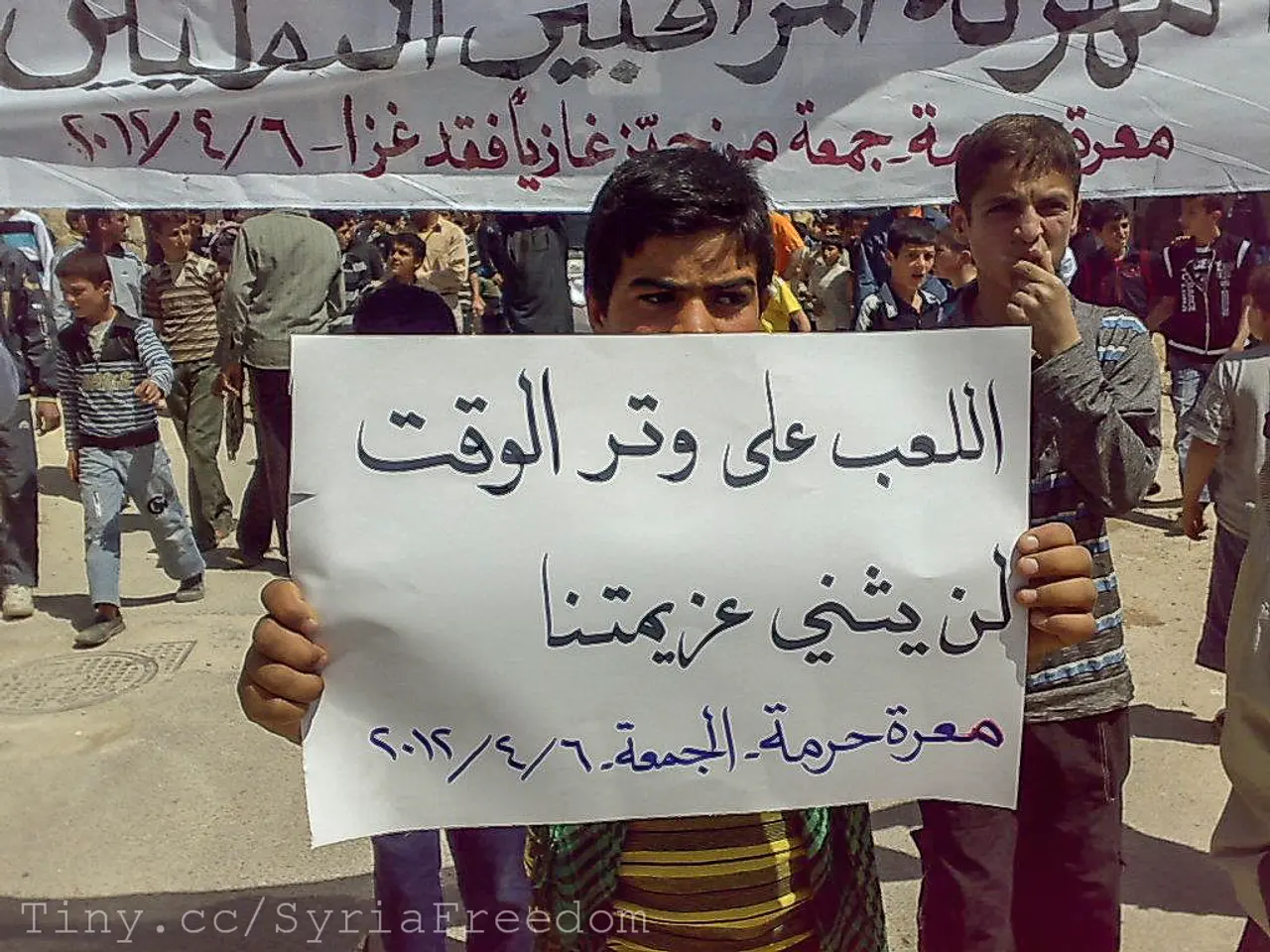Harnessing Big Data for Proactive Conflict Resolution in Electoral Battles
In the modern political landscape, big data plays a crucial role in preventing conflicts during election periods. Here's how this powerful tool can be utilized:
## Use of Big Data in Conflict Prevention
### 1. **Data-Driven Insights for Campaign Strategies** By analysing public sentiment and concerns, big data allows political campaigns to tailor messages to specific groups and address potential areas of conflict early on. This targeted approach can reduce misinformation and improve the credibility of campaigns.
### 2. **Transparency and Accountability** Employing big data to track and analyse campaign activities can enhance transparency, ensuring ethical standards are met and fostering trust among voters.
### 3. **Disinformation Detection and Mitigation** Big data can quickly identify and counter false information, preventing the escalation of conflicts by addressing misinformation at its source.
### 4. **Predictive Analytics for Conflict Resolution** Anticipating areas of contention allows campaigns to develop strategies to address these issues before they become major conflicts, promoting more constructive dialogue and conflict resolution.
### 5. **Improving Voter Engagement** Big data can help campaigns engage voters more effectively, leading to more informed voters and a reduction in conflict by fostering a sense of inclusivity and understanding.
Moreover, processing data in local languages uncovers hyper-local issues and ensures early detection of sentiment shifts in diverse communities. Data reveals which voter groups are most vulnerable to manipulation or agitation, allowing campaigns to intervene with factual, calming content.
Campaigns should coordinate with crisis communication teams, modify outreach tactics, clarify misinformation, and avoid inflammatory messaging. Political campaigns are also using platforms like Discord to interact with potential voters more formally and personally.
Predictive analytics models forecast potential flashpoints and suggest strategic communication responses, further aiding in conflict prevention. By leveraging these aspects of big data, political campaigns can contribute to more peaceful and constructive political environments.
[1] Social media monitoring and SMS-based alerts have been used in initiatives in Kenya and India to prevent election-related violence through timely interventions. [2] Establishing data governance policies, integrating threat intelligence tools, conducting scenario planning, and training teams in ethical data response are key aspects of a conflict-ready data strategy. [3] Big data can analyse voter sentiment, social media trends, and historical patterns to identify early warning signs of political unrest. [4] Sentiment analysis helps detect negative sentiment clusters and alerts campaign teams when anger or fear-based discourse rises. [5] AI can cluster sentiment, detect anomalies, predict inflammatory content, and recommend timing, tone, or channels for de-escalation. [6] Collaborating with universities or NGOs enhances data ethics, interpretation accuracy, and legitimacy in sensitive political environments. [7] Early warning indicators include spikes in hate speech, coordinated misinformation campaigns, increased protest chatter, and unusual engagement from extremist groups.
In the realm of social media, data analytics plays a vital role in addressing potential areas of political conflict by allowing campaigns to understand public sentiment and concerns, thereby tailoring messages to specific groups and mitigating misinformation. Furthermore, big data can be instrumental in detecting disinformation, enhancing transparency, and prediction of political unrest, thereby aiding in the prevention of conflicts.








